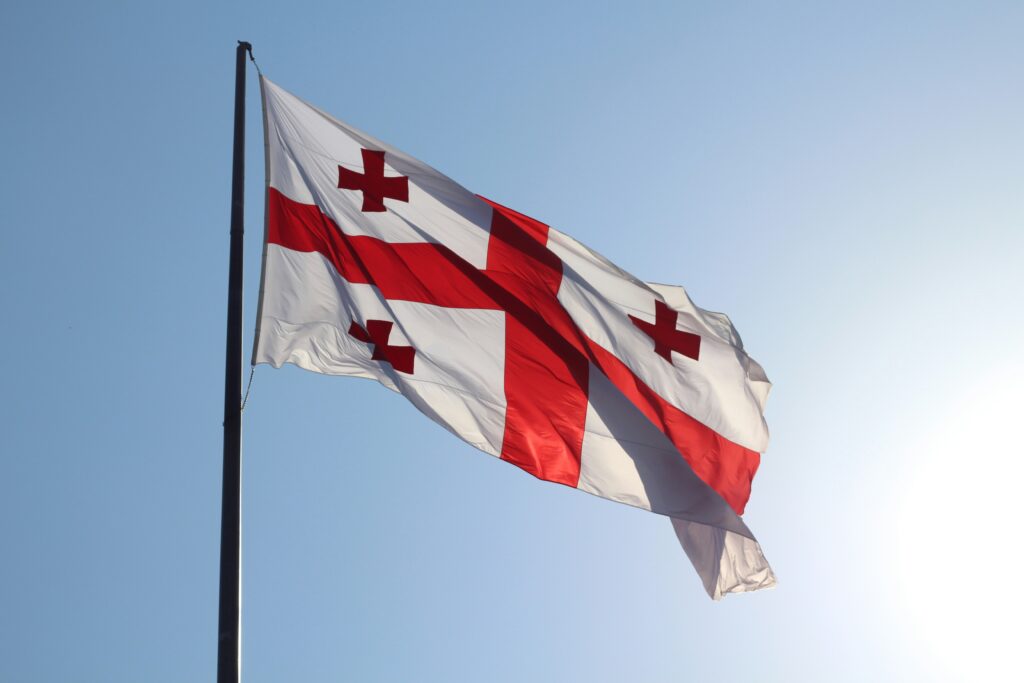Georgia’s ruling Georgian Dream party claimed victory in Saturday’s parliamentary election with 52.99% of the vote, raising concerns over the country’s EU membership ambitions, which were halted earlier this year. Opposition parties rejected the results as fraudulent, intensifying Georgia’s political uncertainty.
Georgia’s ruling party, Georgian Dream, appears to have secured victory in Saturday’s parliamentary election, raising questions about the country’s European Union ambitions. The election, seen as pivotal for Georgia’s future direction, has been marred by controversy, with opposition groups rejecting the results as fraudulent.
Preliminary Results Announced
According to the Central Election Commission (CEC), Georgian Dream garnered 52.99% of the vote. However, these figures remain preliminary, as not all ballots, including those cast by Georgians abroad, have been counted. Celebrations erupted in the capital, Tbilisi, on Saturday evening as party leaders and supporters declared success.
If the results are confirmed, Georgian Dream is poised to maintain its parliamentary majority. However, this outcome may intensify concerns about Georgia’s stalled EU membership process, which Brussels suspended earlier this year following the government’s crackdown on free speech.
Opposition Disputes Results
The opposition, led by the United National Movement (UNM) and its coalition partners, has vehemently rejected the election outcome. Tina Bokuchava, leader of the UNM, called the results “falsified,” claiming that Georgian Dream manipulated the process to secure victory.
“We do not accept these falsified election results,” Bokuchava said, echoing sentiments from other opposition groups. Despite officials declaring Georgian Dream’s lead, opposition leaders insist they won the election, citing their internal data.
Implications for Georgia’s EU Path
Georgian Dream’s governance has faced criticism for adopting measures reminiscent of authoritarian regimes, such as laws limiting free speech. Earlier this year, these policies led to the suspension of Georgia’s EU membership process—a significant setback for a country historically striving for closer ties with Europe.
Saturday’s election underscores Georgia’s crossroads: whether to align more closely with Western institutions or revert to greater Russian influence. The outcome, particularly if Georgian Dream consolidates power, could solidify the country’s drift away from the EU’s democratic standards.
Election Context and Controversy
The parliamentary election was highly contested, with Georgian Dream facing challenges from four main opposition coalitions. Tensions ran high as polls closed at 8 p.m. local time (1600 GMT), with opposition groups quickly announcing their own victories, further fueling allegations of electoral misconduct.
Observers worry that prolonged political disputes could deepen Georgia’s internal divisions and stall critical reforms needed to revive its EU membership aspirations.
As Georgian Dream celebrates a preliminary victory, Georgia’s political landscape remains fraught with uncertainty. The opposition’s rejection of the results and allegations of fraud highlight the growing divide within the country. The election outcome will likely shape Georgia’s geopolitical future, determining whether it continues its EU aspirations or shifts closer to Russia’s orbit.
Stay tuned for updates as the CEC finalizes the election results and international observers weigh in on the integrity of the vote.
